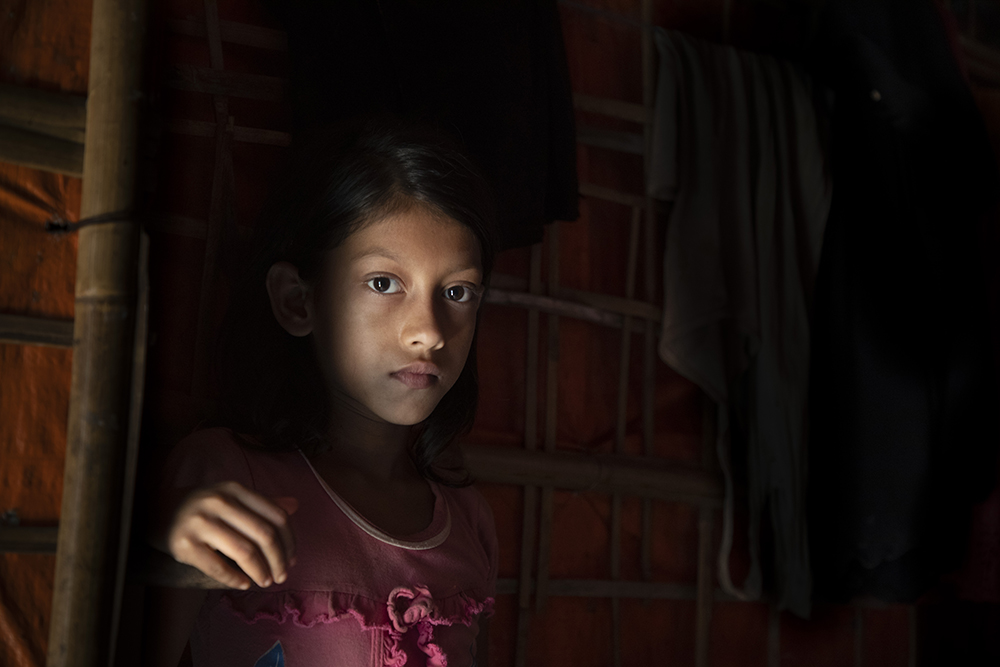
Rushna is twelve years old and lives in Cox´s Bazar, the largest refugee camp in the world. Located on the west coast of Bangladesh, it is home to hundreds of thousands of Rohingya refugees who have fled violence.
Rushna is the second eldest of three sisters. When violence against the Rohingya people intensified in Myanmar, Rushna’s parents made a decision to leave their home, located in the Tumbru village, in the state of Rakhine, and after a dangerous and exhausting crossing by foot they managed to reach Bangladesh.
The family has had to work very hard to adapt to their new situation. They miss their village and their old life. “In Myanmar I could go out and play, here I can’t, I have to stay at home”, laments Rushna.
Rushna’s father is sick and the family does not have an income; they totally depend on humanitarian aid organisations. The COVID-19 pandemic has caused uncertainty and fear to grow among the refugees in the camp.
“My family depends on the ration of food we are given by the United Nations World Food Program”, explains Rushna. Since the COVID-19 pandemic began, rations of food like rice and pulses are smaller. The family has difficulty buying food and basic products.
Information for decision-making
Rushna explains that she learnt about COVID-19 at school.
“One day at school I heard the news that there was a new disease in the world and in just a few days my school had to close. From one day to the next my life changed because new restrictions were put in place”, she remembers: “All the schools and Maktabs (Islamic primary schools) were closed”. Without access to television or radio, she was concerned about not keeping informed. “When I found out that many people had the disease, I got really nervous”. Also, when a rumour spread in the camp that someone had got the disease, panic ensued.
Rushna is a member of the Educo Bangladesh Adolescents’ Club: “The Educo volunteers held a meeting with us and told us about the measures for preventing the disease, and what we could do to protect ourselves and our families”. Now she washes her hands frequently, has learnt about the importance of not touching her eyes, her nose or her mouth, not touching other people’s hands and keeping a physical distance. “I wash my hands for 20 seconds and all of us have to use masks when we go out; that is what we were taught by Educo at the Adolescents’ Club”, she states.
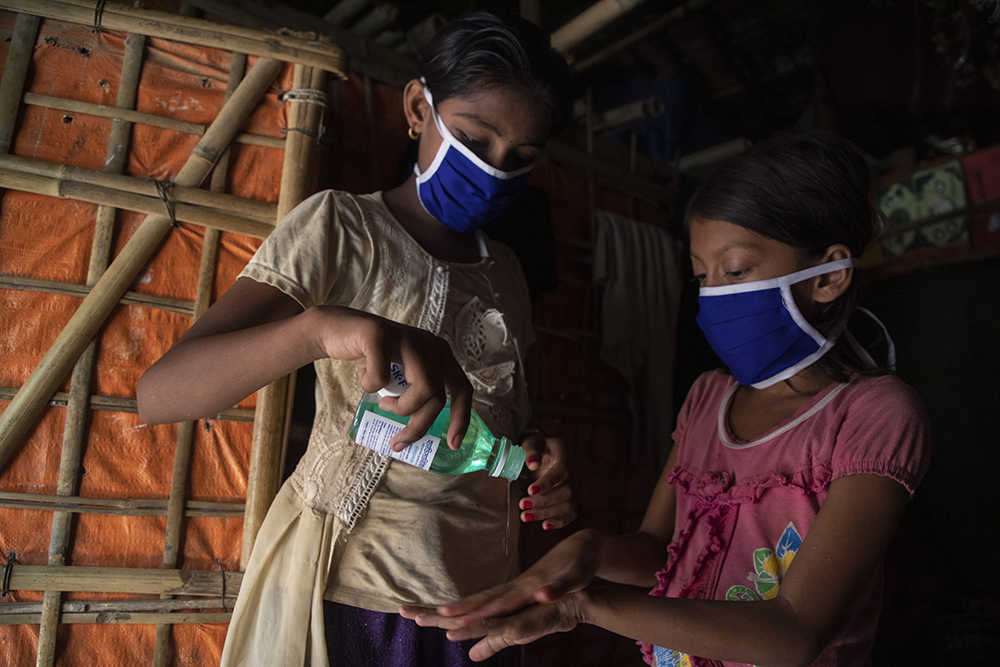
“They have also told us about the importance of staying at home when we are sick, and covering our mouth and nose with our elbow or a tissue when we cough or sneeze”, she continues.
Leading small changes leads to big results
Educo distributes hygiene kits and Rushna decided to share with her sisters and parents, and with other members in the community, the advice she had been given in the Educo Adolescents’ Club.
“I decided it was necessary to share these messages. One person cannot do it alone. So, with the help of two friends who are also members of the Adolescents’ Club, and with support from Educo volunteers, we decided to share the information first with our families and then with other relatives afterwards”.
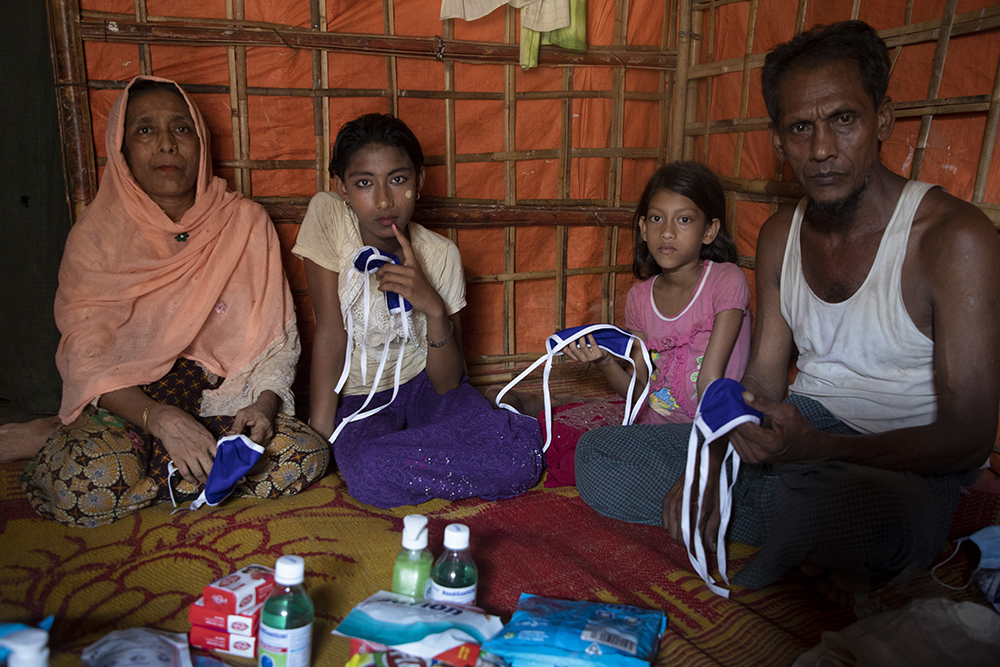
Her mother explains that Rushna shares everything she learns with her family and that thanks to this information and the hygiene kits Educo has supplied, now they feel much safer.
On the third anniversary of the mass exodus from Myanmar by the Rohingya people, the refugees continue to deal with the consequences of this humanitarian crisis. Rushna would like to continue studying and become a teacher.

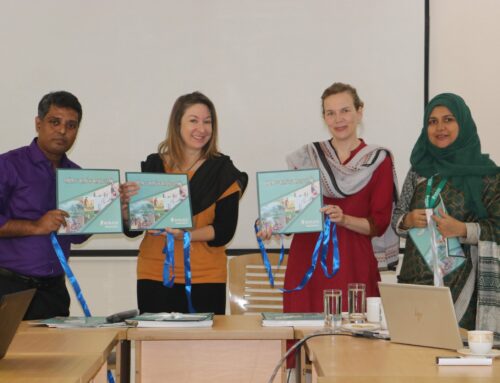
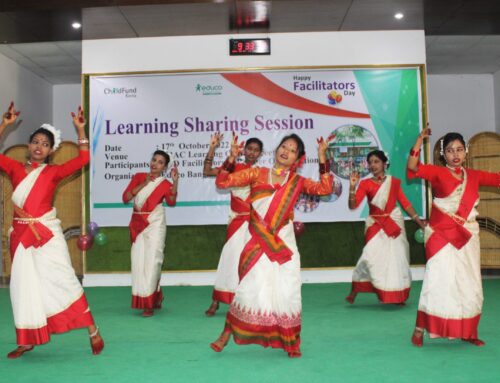
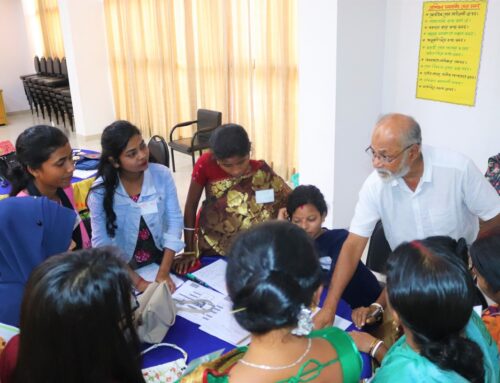

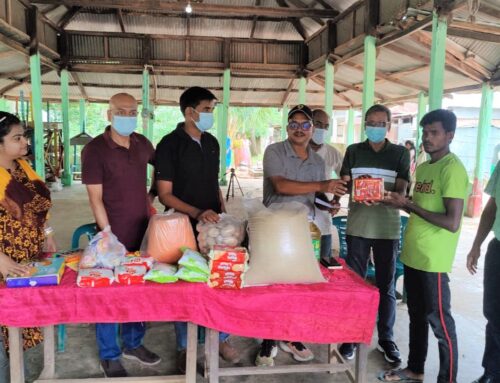
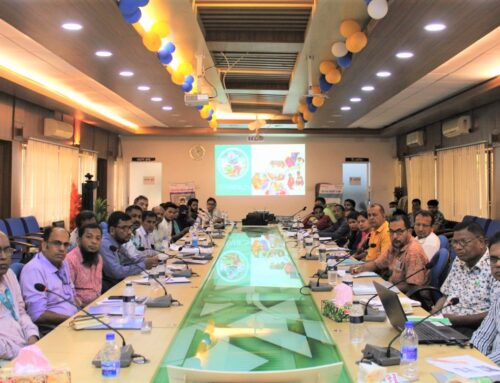
Leave A Comment